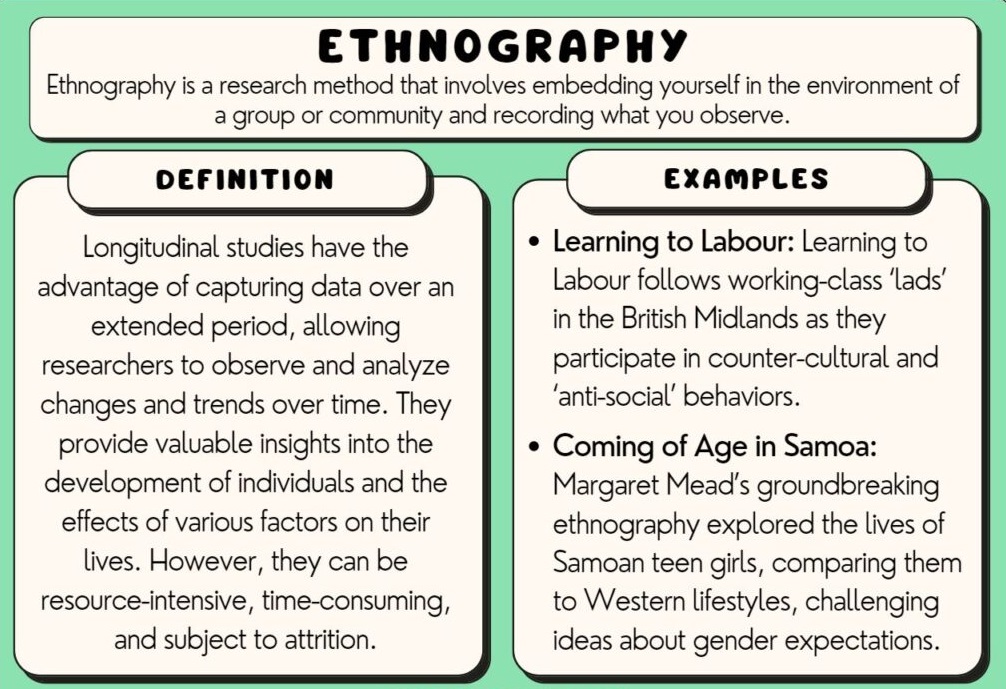Having ethnographic research issues? Read about 5 modern approaches to solve issues ranging from data overloads to ethical dilemmas—all underlined by case studies and available tips.
Introduction: Why Ethnographic Research seems Overwhelming
Just like learning a language, ethnographic research comes with its perks and challenges. Most learners agree that it is similar to riding a roller coaster. As heart pumping as it may be, you may struggle to find your bearings. Problems include, but are not limited to, the following —
- Difficulties balancing consent with respect for privacy and cultural sensitivity.
- Unconscious presumptions that alter the outcome of your studies.
- The mastery of multiple interviews, recordings, and observations as fieldwork.
- Successfully gaining access and trust for closed groups.
- A semester’s worth of fieldwork crammed into just a couple of months.
A research study published in Anthropology Today shows that 68% of students feel underprepared to handle qualitative data, alongside 52% that face ethical dilemmas. These problems can be resolved by applying the correct techniques no matter how daunting they may seem.
1. Overcome Qualitative Data Challenges with Digital Tools
The Problem: Scattered notes, audio files, and transcripts of interviews make it much easier to drown in data.
The Solution: Take advantage of low-cost programs that help store and analyze data in an organized format.
Top Tools:
- NVivo Lite: Helps in coding themes, spotting patterns, and visualizing connections across interviews.
- Mendeley: Keep PDFs, annotated sources and auto generated citations in one place. Look at our [Mendeley](link) guide for helpful suggestions.
- Evernote: Allows for syncing of field notes, images, and voice memos on multiple devices.
Why It Works:
- Digital users claim to analyze data 40% faster (Chicago University, 2022).
Case Study: Lena, an undergrad, used NVivo to map kinship systems in a Peruvian village and was able to reduce her analysis from 3 weeks to 5 days.
2. Collaborative Ethnographic Research: Engage with Communities
The Challenge: The perception of not working in your locality leads to a different bias to your research (ethnographic research).
The Solution: Work together in the design phase as primary participants and co researchers. It helps in developing trust and improves data.
How to Start:
- Run goal setting and feedback workshops.
- Participatory approaches such as photo diary and community mapping can be used.
Link to Public Health Reviews: Mothers’ health in Ghana is robustly studied as the local midwives volunteered for co-teaching the ethnography. See what wonders collaborative ethnography did.
Stat: Studies integrating co design processes are 60% more participatory (UNESCO, 2021).
3. Ethical Frameworks: Address Issues of Consent and Representation
The Challenge: Preventing and avoiding abuse or false representation of people within the population that is hard to reach.
The Solution: Create clear consent measures and adopt principles of openness.
Best Practice:
- Offer digital consent forms (Google Forms) with strikingly simple explanations as the language.
- Utilize the feedback process of member checking, where you share preliminary findings for commentary from participants.
Avoid Lit Review Errors: Ethically, the failure to acknowledge the damaging effects of prior research on some subjects is an ethical issue. Always situate your work within context.
Example: An indigenous land rights policy case used member checking and was able to incorporate relevant insights that were previously omitted in the earlier drafts.
4. Iterative Peer Review: Refine Your Work Early
The Challenge: Submitting a thesis with gaping holes and biases.
The Solution: Gathering feedback for every step, not just before the deadline meetings.
Steps to Success:
- Discuss your research questions with colleagues and try to uncover their potential gaps.
- Offer department workshops with preliminary findings for you to address.
- Use ResearchGate to share findings and gain feedback from the rest of the world.
Link to Peer Review: Read how a well-designed feedback mechanism helped a postgraduate student to stop making a blunder when attempting to analyze religious rituals in Bali.
Stat: According to Cambridge University Press (2023), students participating in iterative peer reviews are 3 times less likely to request major revisions.
5. Time Management Tips & Tricks: Balance Fieldwork and Life
The Challenge: 12-hour observation sessions leading to a state of exhaustion.
The Solution: Plan your day strategically and use automation to complete repetitive tasks.
Pro Tips:
- Time-blocking: Morning fieldwork and afternoon analysis. Be sure to check out our Time-Blocking template.
- Automated transcription: Otter.ai while using an interview transcription program is a must. The software will type out what you spoke in a matter of minutes.
- Themed Days: Writing Mondays, Interview Tuesdays, etc. Anything else comes after.
Case Study: Raj, who was a grad student, used time-blocking in combination with Mendeley’s citation features, allowing him to submit his thesis two weeks ahead of time.
The Real-World Success Case: From Chaos to Clarity
Maria, a first-year anthropology student, scanned street artists in Berlin. She did this by:
- Tagging themes in graffiti culture using NVivo.
- Working with the artists on a digital exhibit.
- Doing peer review iterations to counter Eurocentric evaluations.
Outcome: Her departmental thesis won an award and was displayed in a local museum.
Closing: This is Where your Ethnographic Research Journey Begins
Ethnographic research work is not about being perfect, rather it’s about having curiosities, being flexible, and showing respect. Incorporating collaborative methods, digital organizational tools, and ethical approaches will help you deliver high quality impactful work.
Are you Prepared to Explore Further?
- Check out the Lit Review Scroll Fails checklist to not hit the big triggers.
- Learn to analyze qualitatively through our Qualitative Data course.
- Attend our webinar ‘The Ethics of the Field: A Workshop for Practitioners’.


